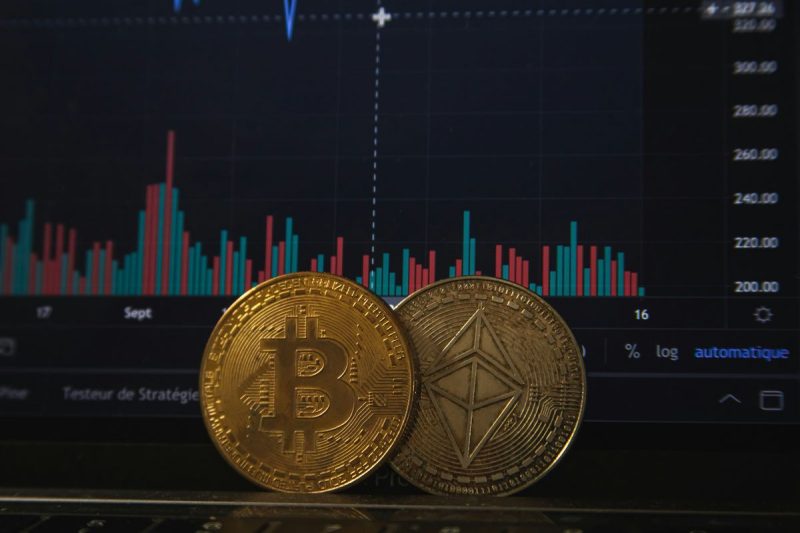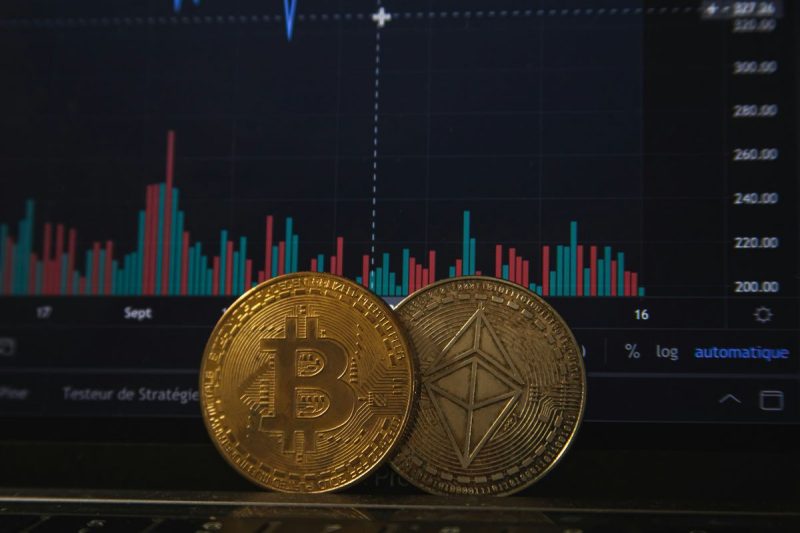
The Bitcoin price surged to a new all-time high of US$69,208 on Wednesday (March 6), according to data gathered from CoinDesk, breaking its previous record of just below US$69,000.
The milestone was achieved after a week-long rally, during which the cryptocurrency achieved staggering year-on-year growth of 201 percent. Together the most popular coins experienced average growth of 10 percent week-on-week.
On Monday (March 4), Bitcoin broke global records by surpassing 60,000 euros (about US$65,000) and coming within reaching distance of its previous high in US dollar terms. The cryptocurrency then surged almost 8 percent in 24 hours to trade at US$67,758, less than 2 percent away from the record it set in November 2021.
Markus Thielen, head of research at 10x, previously predicted that Bitcoin would reach an all-time high before the end of this week. Industry insiders have attributed Bitcoin’s growth to anticipation about the halving process, which is set to take place in April 2024, and to ongoing inflows to spot Bitcoin exchange-traded funds (ETFs), which the US Securities and Exchange Commission (SEC) approved on January 10 after months of anticipation and deliberation. “The current developments, including Bitcoin’s price spike and the recent introduction of spot ETFs, serve as catalysts, accelerating the integration of digital assets into the mainstream,” Sheila Warren, CEO of the Crypto Council for Innovation, said in an emailed note.
These ETFs have already seen billions of dollars worth of investments pour in. BlackRock’s (NYSE:BLK) iShares Bitcoin ETF (NASDAQ:IBIT) became the fastest ETF in history to reach the US$10 billion mark, and Reuters recently revealed that Bank of America’s (NYSE:BAC) Merrill and Wells Fargo have been making spot Bitcoin ETFs available to select clients.
Less than 30 minutes after hitting its new high, the price of Bitcoin retreated to around the US$65,000 mark. This rapid pullback lends credence to some analysts’ view that the cryptocurrency’s breach of the $69,000 level could be a ‘sell-the-news’ event. This phenomenon is similar to the price surge Bitcoin experienced leading up to the SEC’s decision on Bitcoin ETFs, where the price fell after the highly anticipated news finally broke. In both cases, the market’s reaction seems to suggest that investors may have been pricing in the positive developments ahead of time, only to take profits once the news was confirmed.
Given Bitcoin’s recent price surge and subsequent pullback, analysts are divided on its near-term outlook. Some predict a cooldown in March, suggesting Bitcoin’s extended growth may have left it susceptible to a correction.
Other analysts are more optimistic, forecasting that Bitcoin could skyrocket to between US$200,000 and US$300,000. “With Bitcoin at a new all-time high, thanks to excitement sparked by US-based spot Bitcoin ETFs, a surge of confidence has been injected back into the crypto space,” Grace Broadbent, senior analyst at Insider Intelligence, said in emailed note. “It can reinvigorate crypto ownership and payment activity. And major payment players like Visa (NYSE:V), PayPal (NASDAQ:PYPL), and Block (NYSE:SQ) have all remained bullish that crypto payments will take off, putting infrastructure in place to meet crypto payments demand.”
In any event, Bitcoin’s recent surge to a new all-time high has captured the attention of investors worldwide and brought new interested parties into cryptocurrencies, demonstrating the sector’s potential for immense growth — and volatility.
While opinions vary on Bitcoin’s future trajectory, its ability to bounce back from past setbacks and continuously break records underscores the growing interest in digital currencies. As the market matures and adoption widens, it will be crucial to monitor how regulatory developments, technological advances and broader economic factors shape Bitcoin’s future.
Securities Disclosure: I, Meagen Seatter, hold no direct investment interest in any company mentioned in this article.

